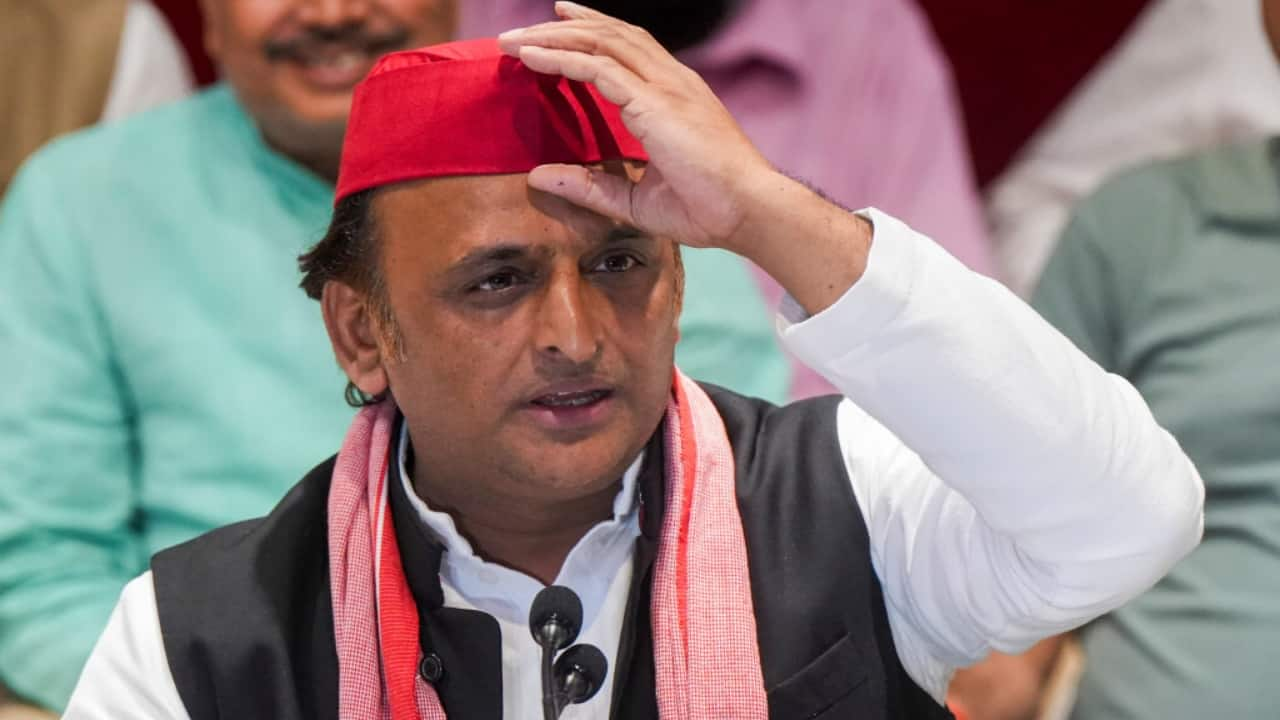Generation Z has become Kenya’s dominant economic force, with new data projecting their consumer spending will reach a staggering Ksh4.4 trillion this year alone.According to the latest research by the World Data Lab (WDL), more than 17 million Gen Z Kenyans are fueling this economic surge—channeling most of their money into essential services like food, housing, and transport.
The report, titled “Gen Z and the Future of the African Consumer,” outlines how this tech-savvy, socially conscious generation is not just spending more—but is also reshaping the future of the African economy. In Kenya, cities like Nairobi, Mombasa, and Kisumu are leading in Gen Z consumer activity, while Meru, Mombasa, and Thika are on track to become the country’s fastest-growing spending hubs by 2035.Nairobi leads the pack across Africa in Gen Z spending, clocking an impressive $10.

1 billion. Meanwhile, Mombasa has emerged as Africa’s fastest-growing Gen Z consumer market, boasting an annual growth rate of 8.2%.
Other urban centres such as Meru, Thika, and Ruiru are also rising as future hotspots for Gen Z consumption.Kenyan Gen Zs have reportedly surpassed previous generations in wealth and are expected to hold that position through 2040, even as the younger Gen Alpha gains traction. Their growing influence is tied to increased access to disposable income, higher spending aspirations, and a strong appetite for modern lifestyles.
“As a group, Gen Z is currently the largest economic bloc who have access to more disposable cash than their parents but who also have higher aspirations for their spending,” said Wolfgang Fengler, CEO of World Data Lab.Gen Z to Dominate Africa’s EconomyWDL’s projections reveal that Africa will remain a Gen Z-driven continent over the next decade—a notable contrast to global markets, where Millennials and Gen X continue to dominate. In 2025 alone, Gen Z across Africa is expected to spend $801 billion, with that figure expected to cross the $1 trillion mark by 2032.
Gen Z, defined as those born between 1997 and 2012, is revolutionizing how businesses engage with consumers. Their demand for instant service, digital integration, and personalized experiences is forcing brands to evolve rapidly.“Across Africa, Gen Z will spend the most out of all generations in Africa,” reads the WDL report, underlining the group’s massive economic potential.
Fengler stressed that brands must adjust to this generational shift or risk being left behind.“Our insights reveal the immediate need for brands and companies to adapt their strategies to meet the needs of this younger consumer who now accounts for the majority of spending across Africa,” he said.Backed by powerful data analysis from the World Data Pro platform, the report dives deep into neighborhood-level spending patterns and provides forecasts up to 15 years into the future.
As Africa’s economic future tilts toward youth-driven trends, Kenya’s Gen Z consumers are not just participating in the economy—they are actively defining its next chapter.The post Gen Z Emerges as Kenya’s Wealthiest Generation with Unmatched Spending Power appeared first on Nairobi Wire..
Gen Z Emerges as Kenya’s Wealthiest Generation with Unmatched Spending Power

Generation Z has become Kenya’s dominant economic force, with new data projecting their consumer spending will reach a staggering Ksh4.4 trillion this year alone. According to the latest research by the World Data Lab (WDL), more than 17 million Gen Z Kenyans are fueling this economic surge—channeling most of their money into essential services like food, housing, and transport. The report, titled “Gen Z and the Future of the African Consumer,” outlines how this tech-savvy, socially conscious generation is not just spending more—but is also reshaping the future of the African economy. In Kenya, cities like Nairobi, Mombasa, and Kisumu are leading in Gen Z consumer activity, while Meru, Mombasa, and ThikaThe post Gen Z Emerges as Kenya’s Wealthiest Generation with Unmatched Spending Power appeared first on Nairobi Wire.














